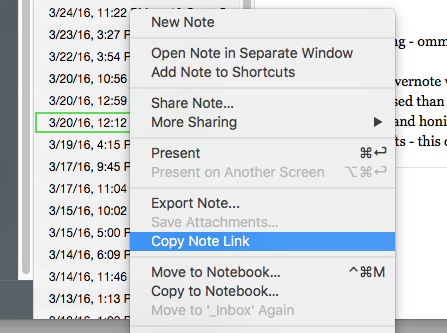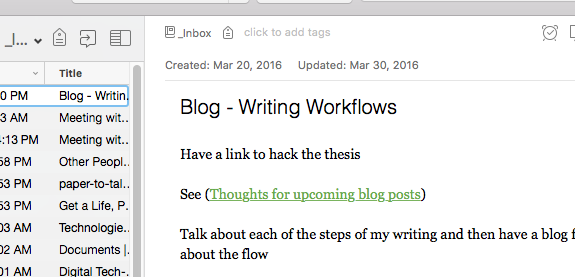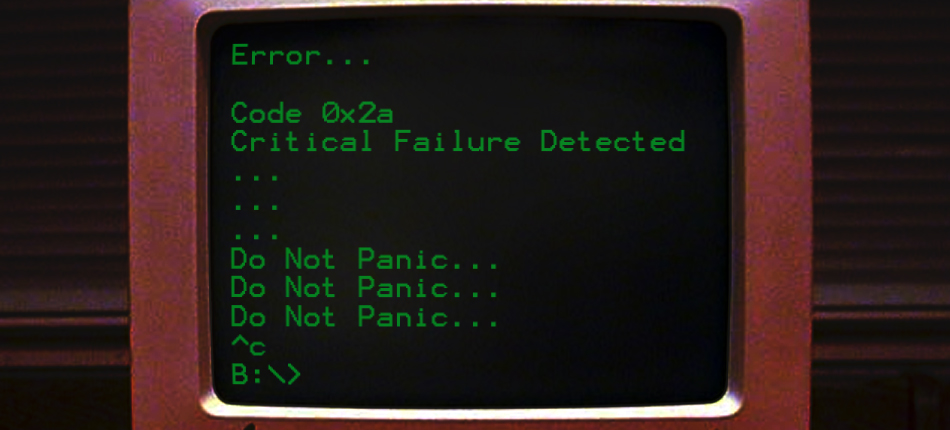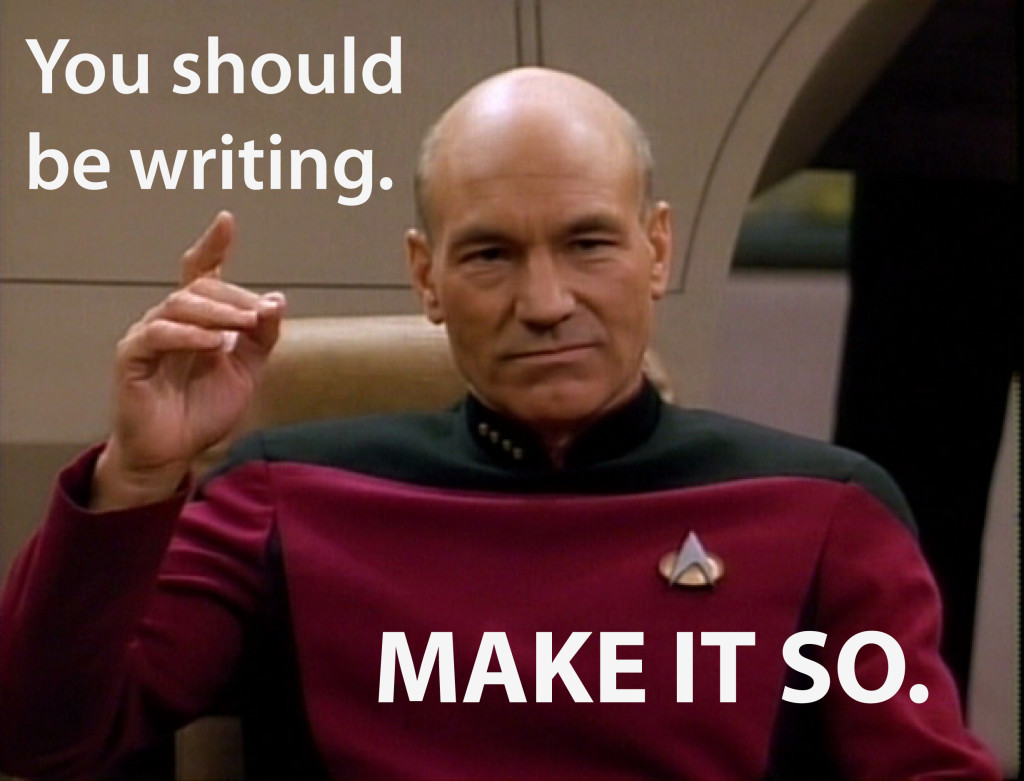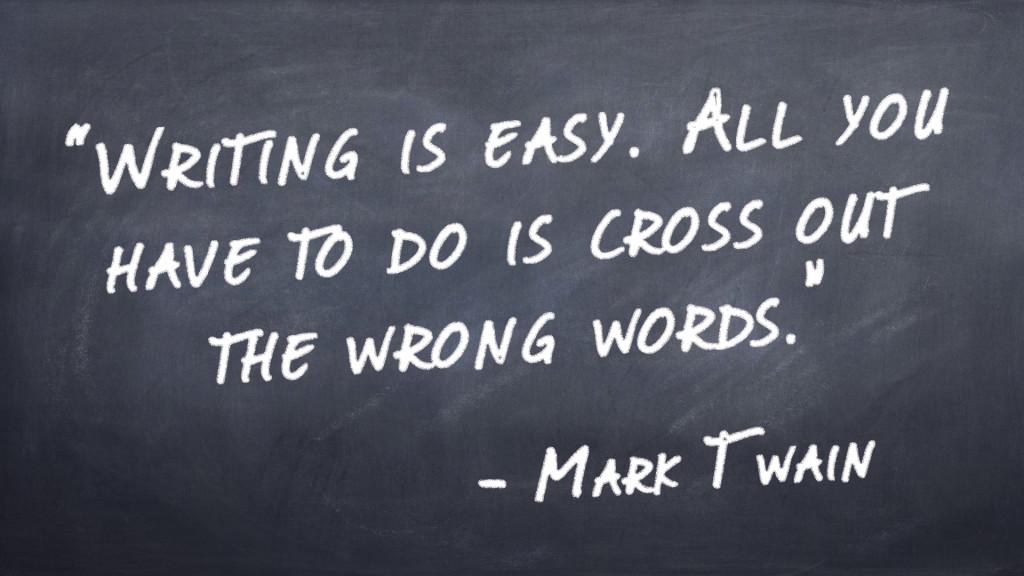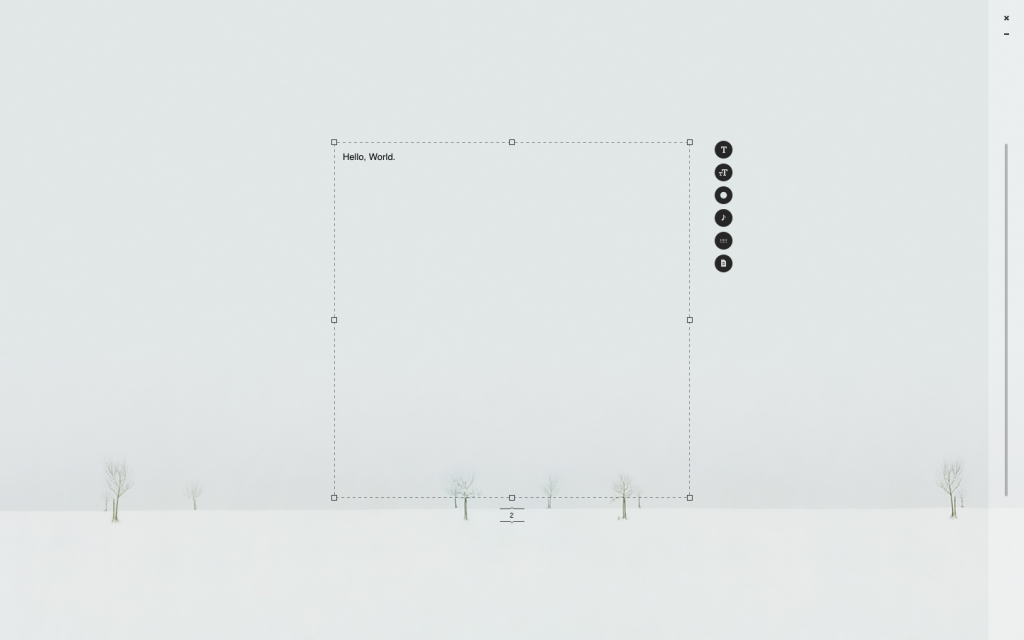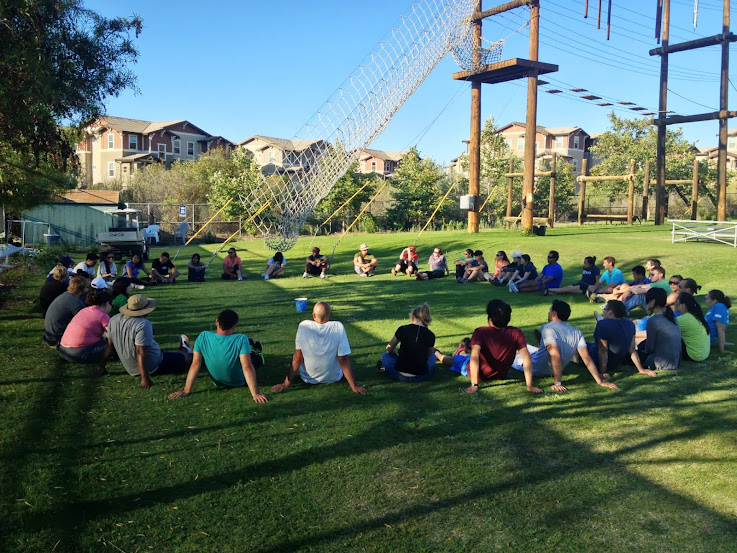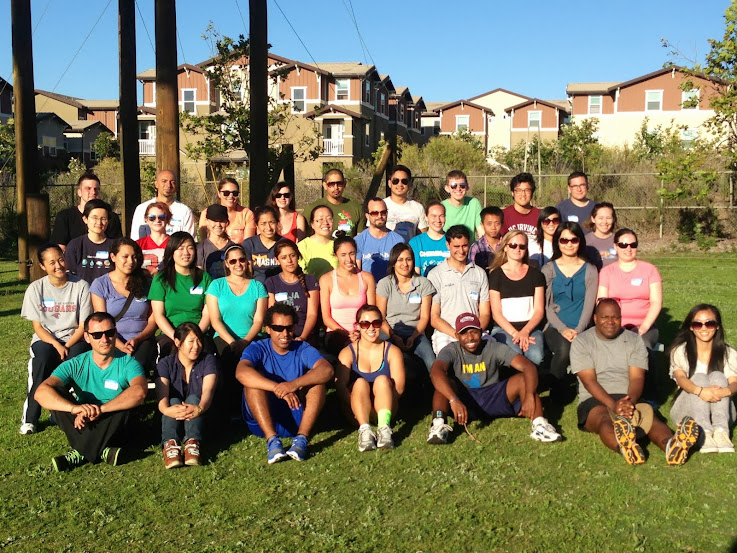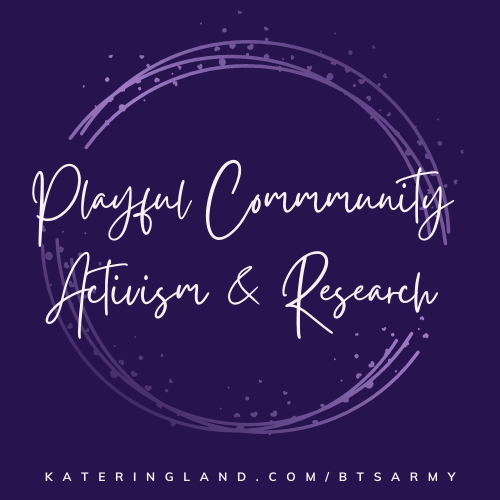Did you miss Part 3?
March 2013: UC Irvine Visit and THE Decision
After leaving Boulder and hearing what students there had to say about their school, I was more inclined to accept Irvine’s offer. I wasn’t going to say with 100% certainty until I had visited the school and made sure I clicked with the people there, but based on the research that was happening and what I heard from others, Irvine was the way to go.
It did not take me long to feel like my initial instincts were correct. I got off the plane and already felt like I had come home. Now, I had to be cautious, because in a lot of respects, I had come home. I spent the first 12 years of my life in Southern California. I had decided that Kyle, my husband, needed to come with me on this visit. If this was going to be our home for the next 5+ years, I wanted to make sure it was going to work for him. He was not as impressed at first as I was. I knew what he meant about it not being “green”. The Pacific Northwest is definitely a lot greener, but I think that’s probably not the best reason to turn down a grad school offer. J I also have to say the women huddled around the hot chicken case at the Whole Foods because it was under 70 degrees outside was extremely humorous.
When I checked us into the hotel, I was given a “goodie” bag with snacks and a folder full of information about the school and department. I think the snacks were a really great touch, even though I couldn’t eat most of them. I did enjoy the pudding cup and the Star Wars gummies. The information packet was definitely overwhelming. It had lots of information on what research was going on and other facts about the school. It also contained a hardcopy of my acceptance and award letter. There was also a schedule for Friday, which included what professors I was going to interview with.
Thursday night we had a dinner with the current Informatics grad students. It was great waiting in the hotel lobby and meeting up with some of the people I had met in Boulder. Already knowing a couple people made the whole experience slightly less daunting. The current grad students picked us up and we had a big dinner together. I got to meet my roommate that I will be staying with in Paris for CHI. I also met other students who I would potentially be working with in the future. And apparently my reputation preceded me because at least one of them already knew of me. I am going to admit, it was completely surprising, but also felt pretty good.
I came back to the hotel feeling very excited for the next day. If the grad students were any measure, I was really going to like this place. I’m going to admit, it was hard to share these experiences with Kyle and give him a good sense of how I was feeling. I think my excitement (and exhaustion) was pretty obvious though.
The next day, Friday, I got up early and had breakfast with Kyle. I then waited for the shuttle to take me over to the school. Apparently, there was some confusion and only have of the prospective students had signed up for a ride, so the whole day started a little more slowly than anticipated. We drove straight to the Bren School of Information and Computer Science. I received an additional packet of information that was more general to the entire School. The morning was spent going over all the great things about the school, “the second happiest place on earth” (after Disneyland, of course). Then we broke down into subgroups of Informatics, Computer Science, and Statistics. We spent more time talking about the Informatics department specifically. I learned about the degree, what kinds of courses I would be taking, the research, how the department operates. One of the things that really caught my attention (and this had come up at the grad student dinner as well) was that there seemed to be a lot of collaboration and cooperation. It didn’t feel like there was negative competition, it was more like everyone was trying to help everyone else out. That’s the sort of environment I was looking for.
Then I got to meet with three professors. While they all had really interesting research that I could see myself working on, I knew as soon as Dr. Gillian Hayes told me about the Autism Research Center, I was hooked. This was the sort of assistive tech research that I wanted to be doing. I told her in the interview that I was set to come to Irvine straight away. How soon could I start working?
**
I feel extremely fortunate that things have worked out this way. I feel lucky that I found a department that feels good and an advisor that I felt an immediate connection to. I know the road ahead will be challenging, but I’m happy that I chose this road or that this road chose me. However that works out.
